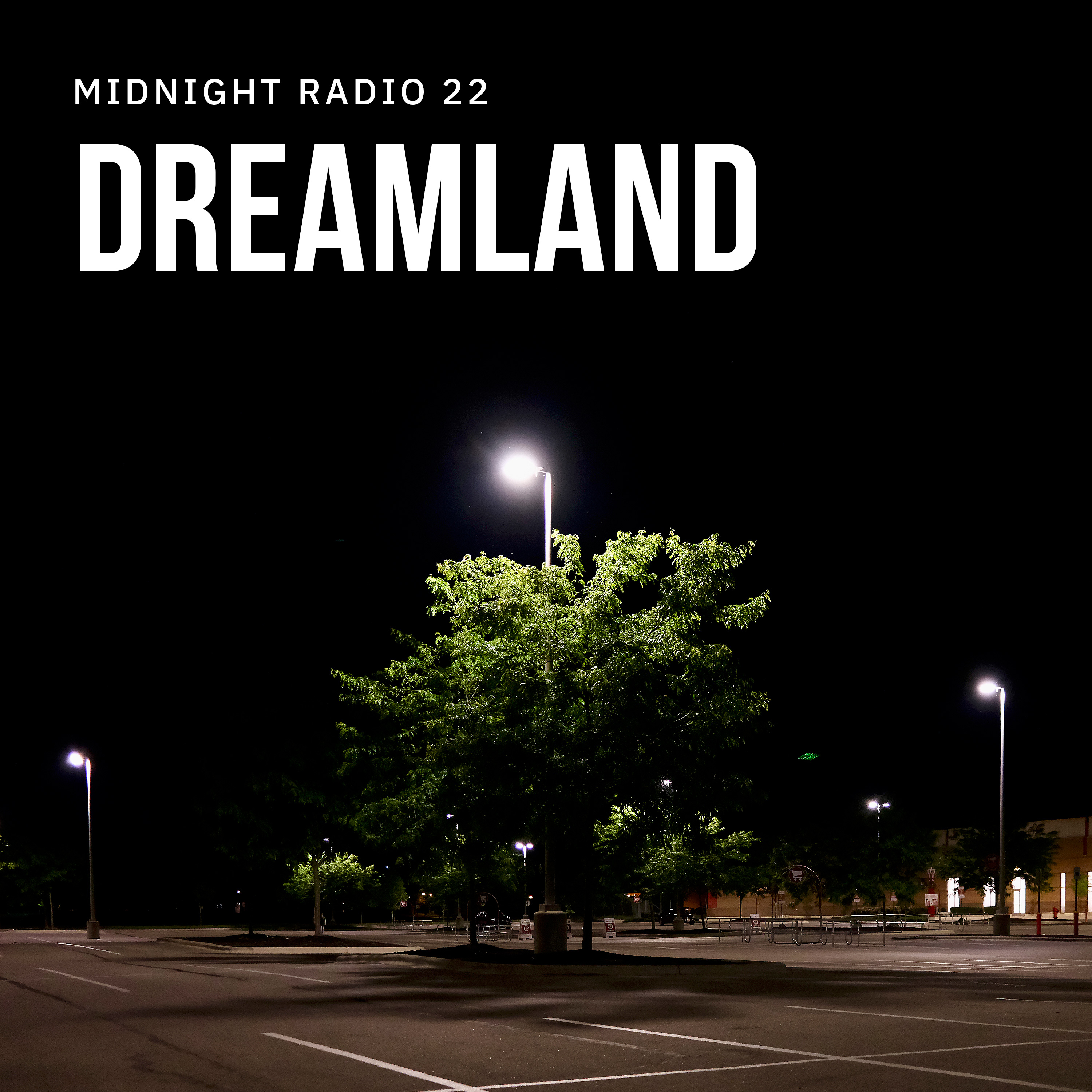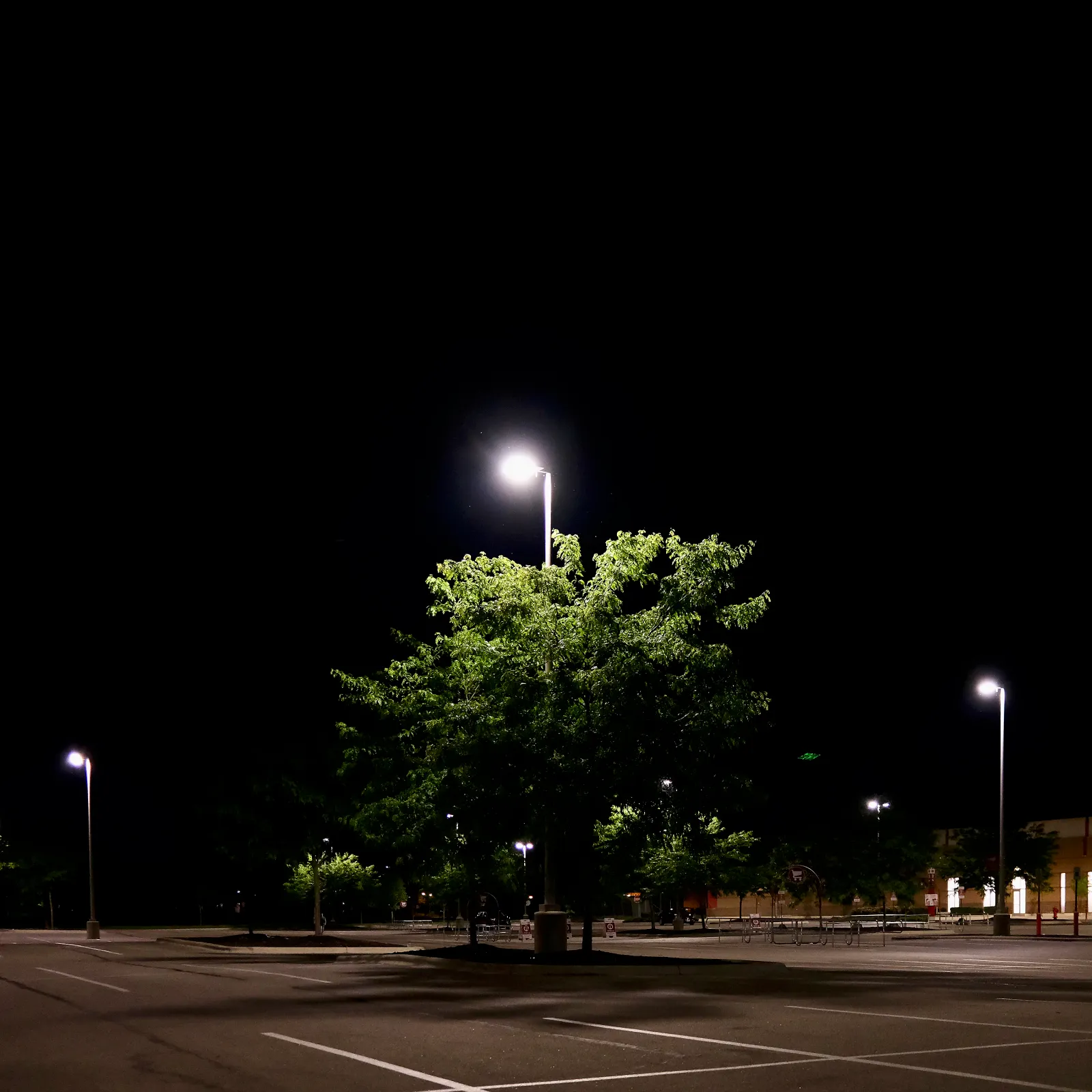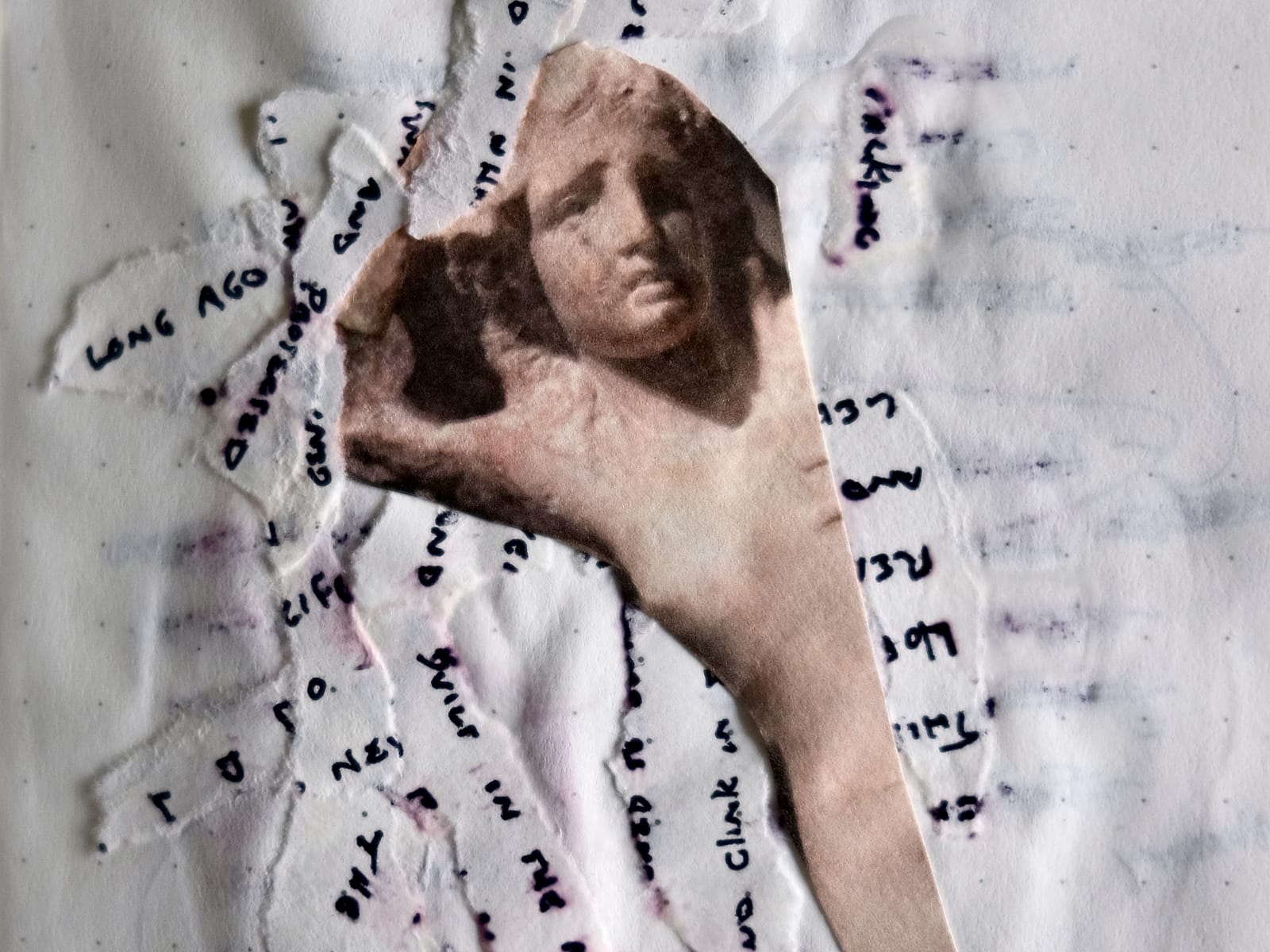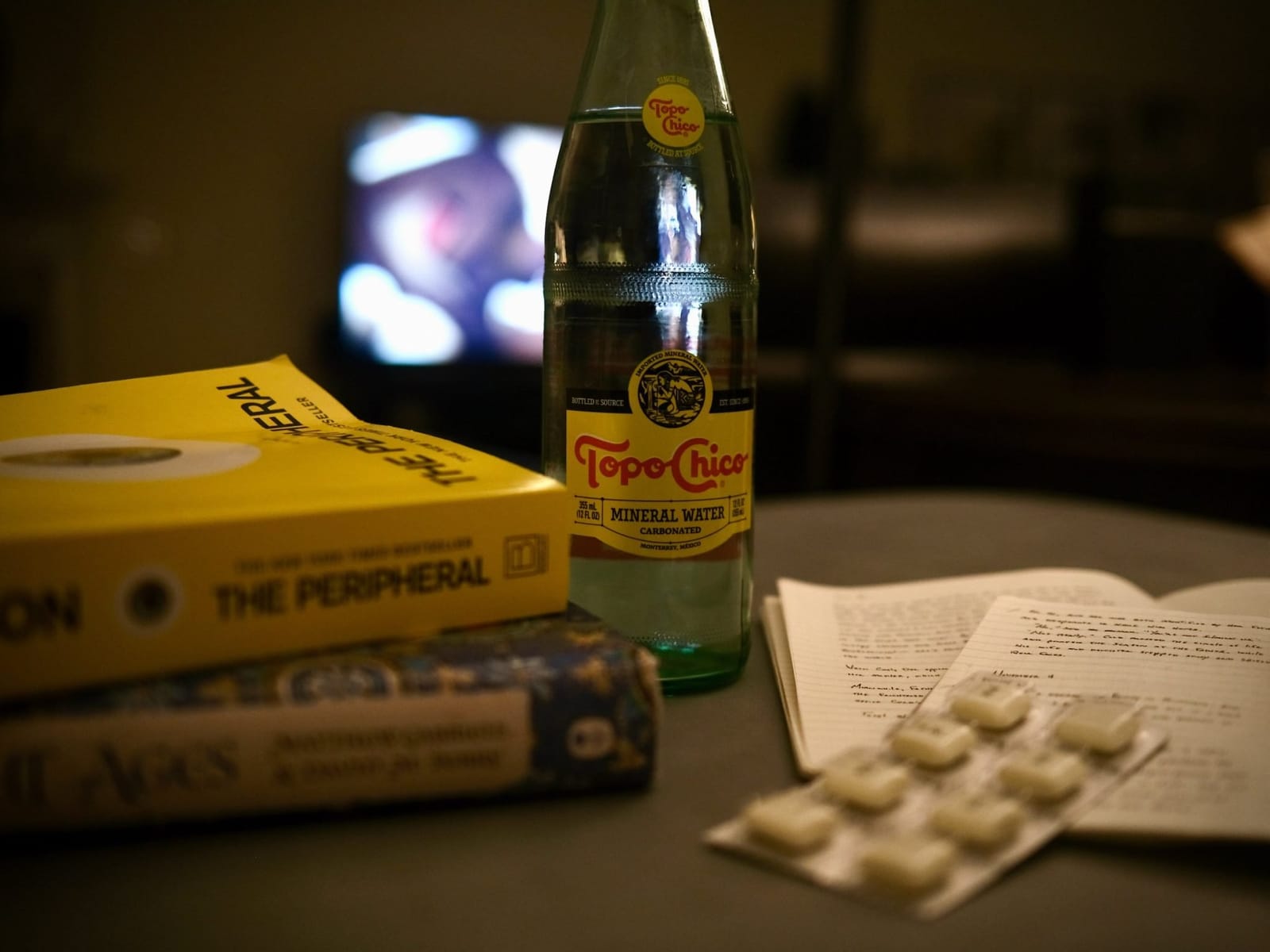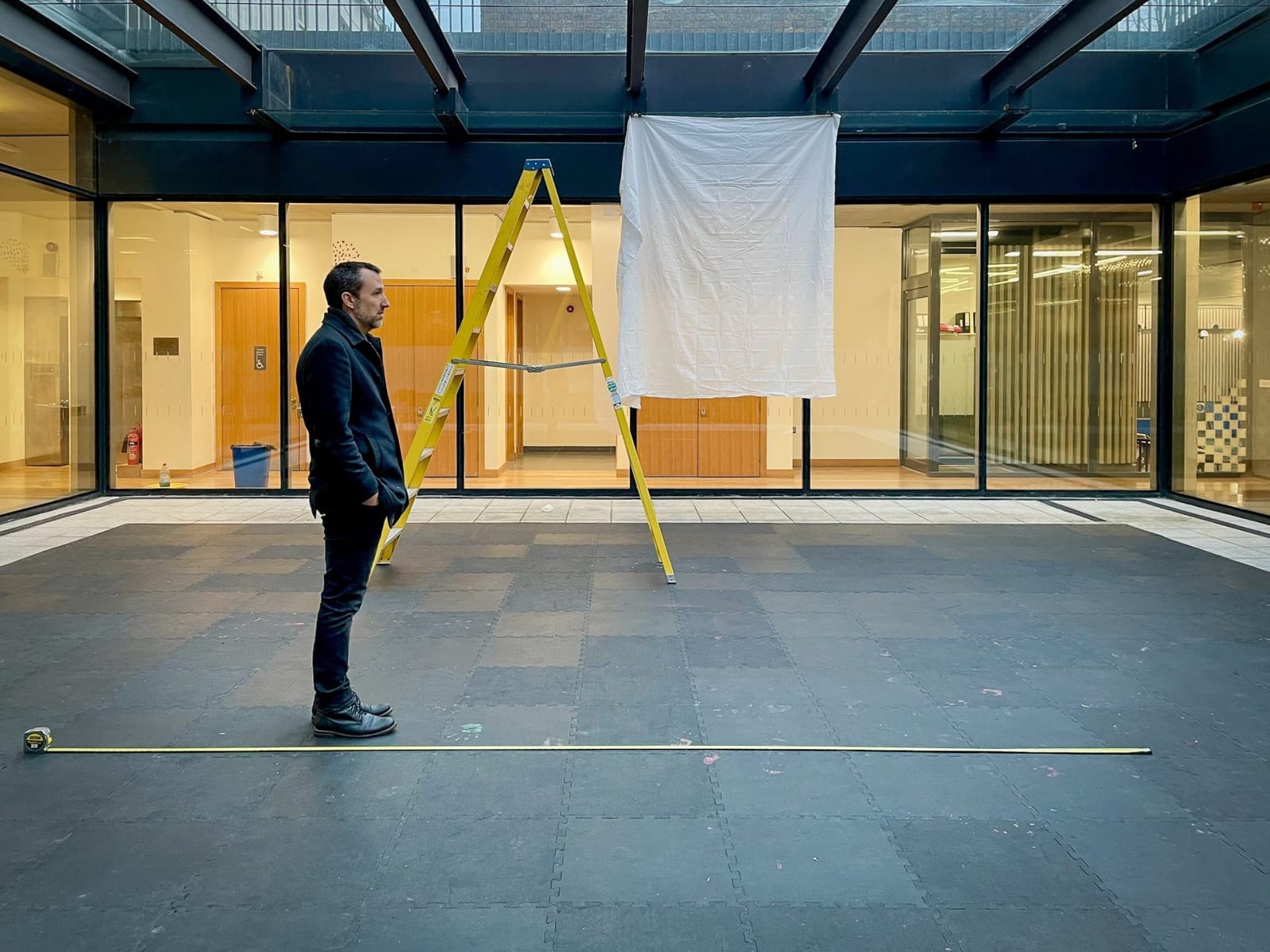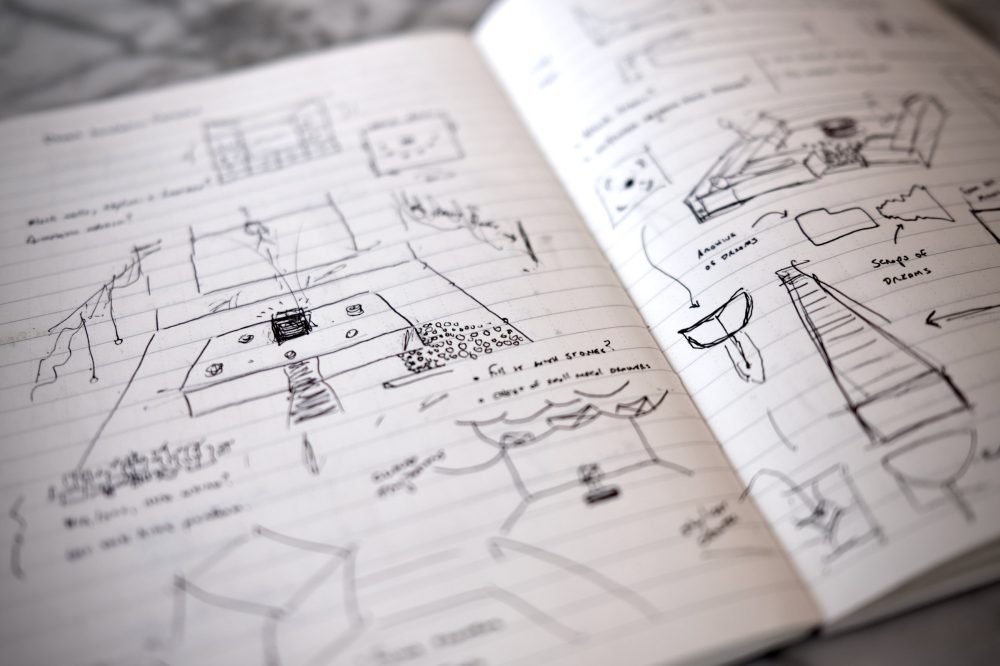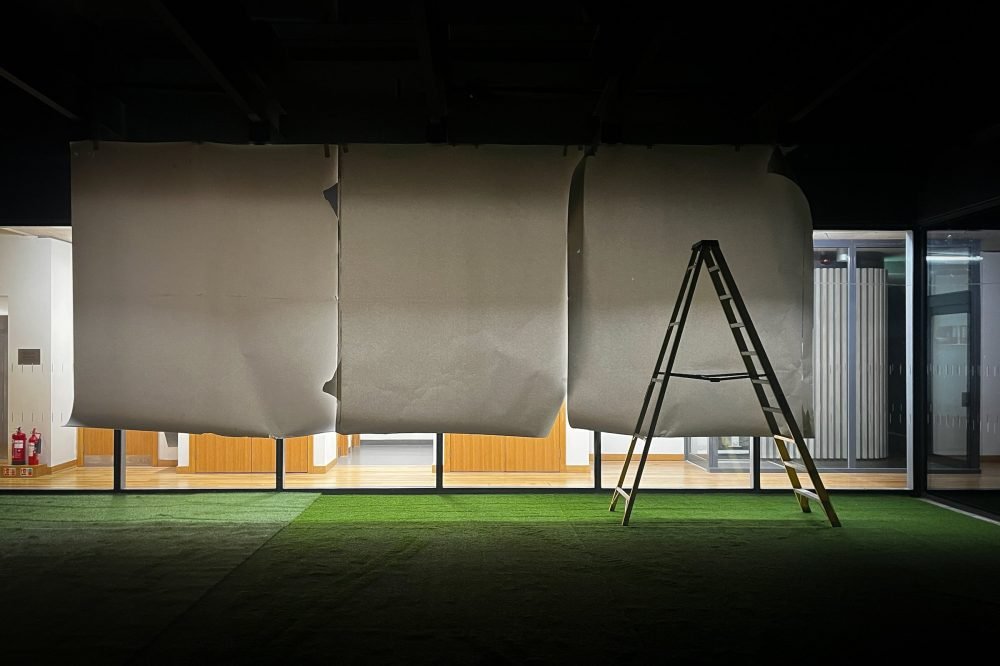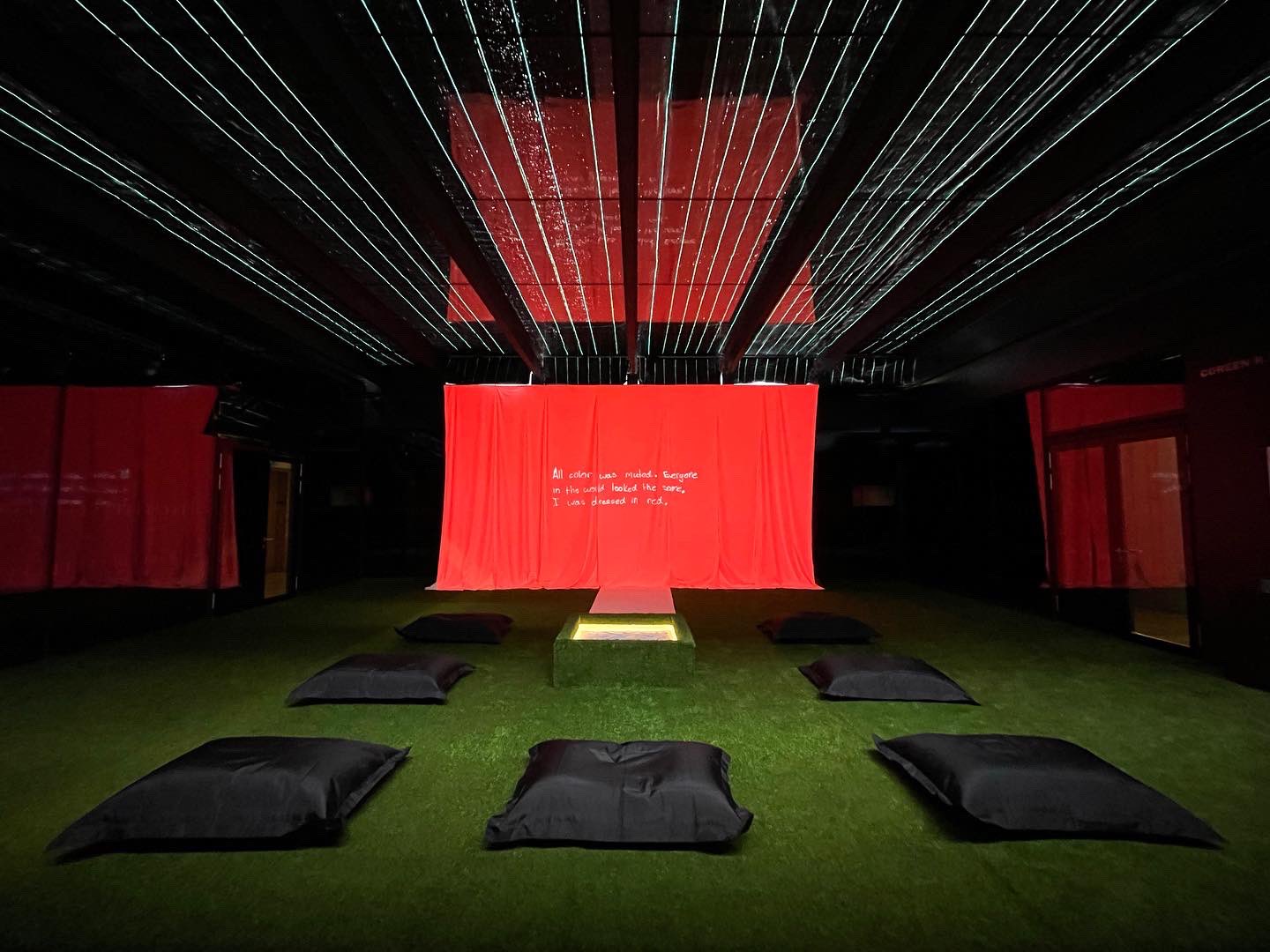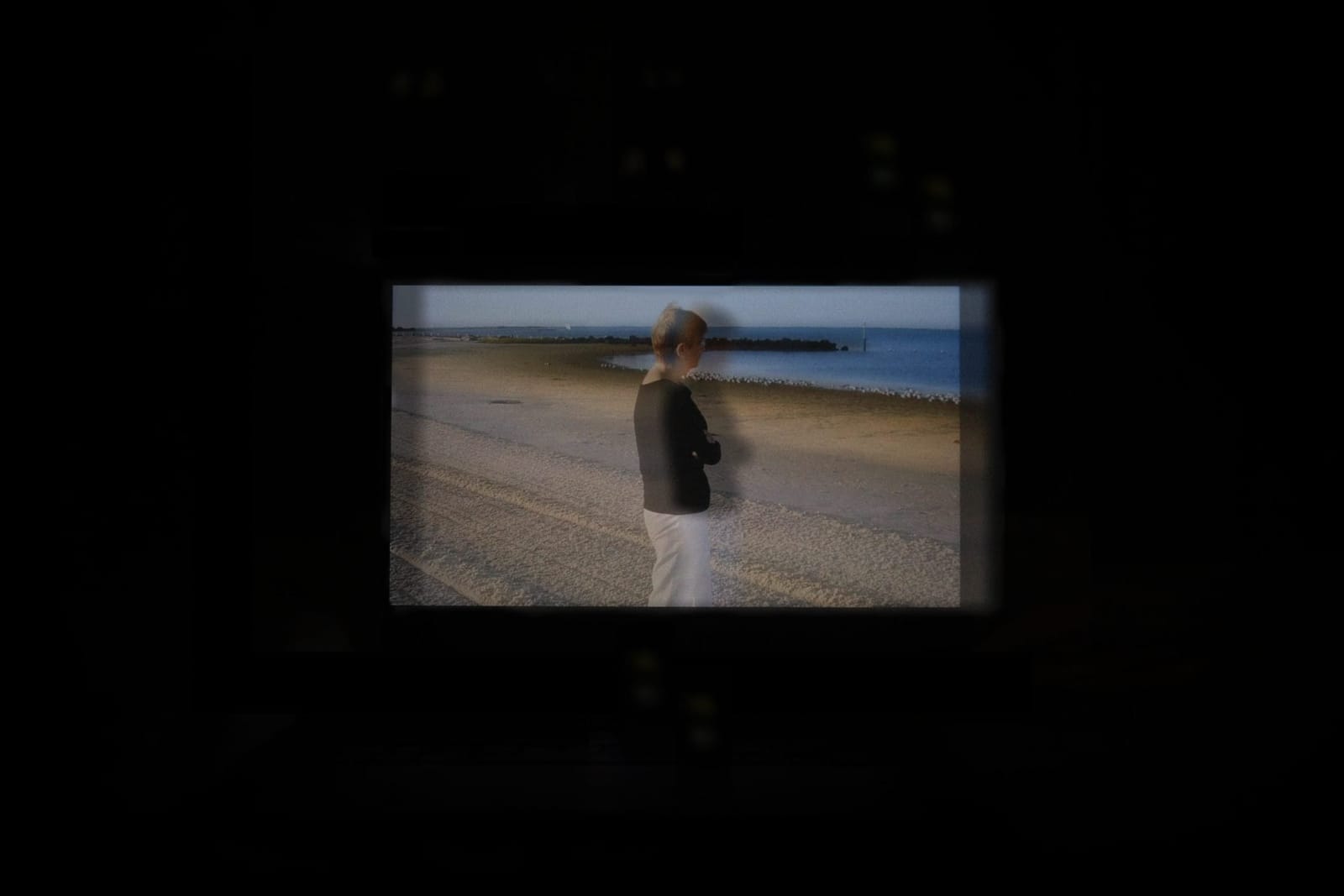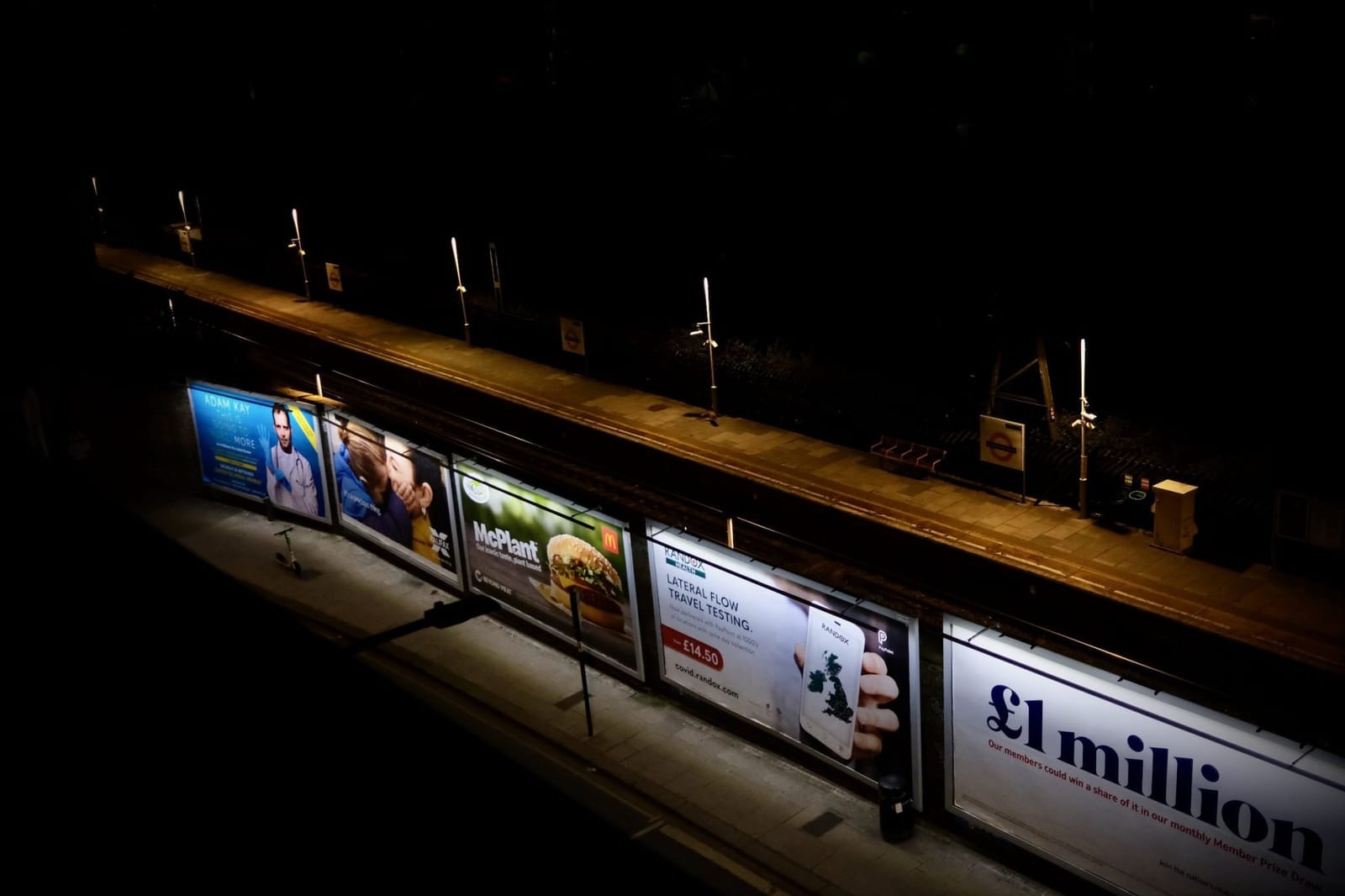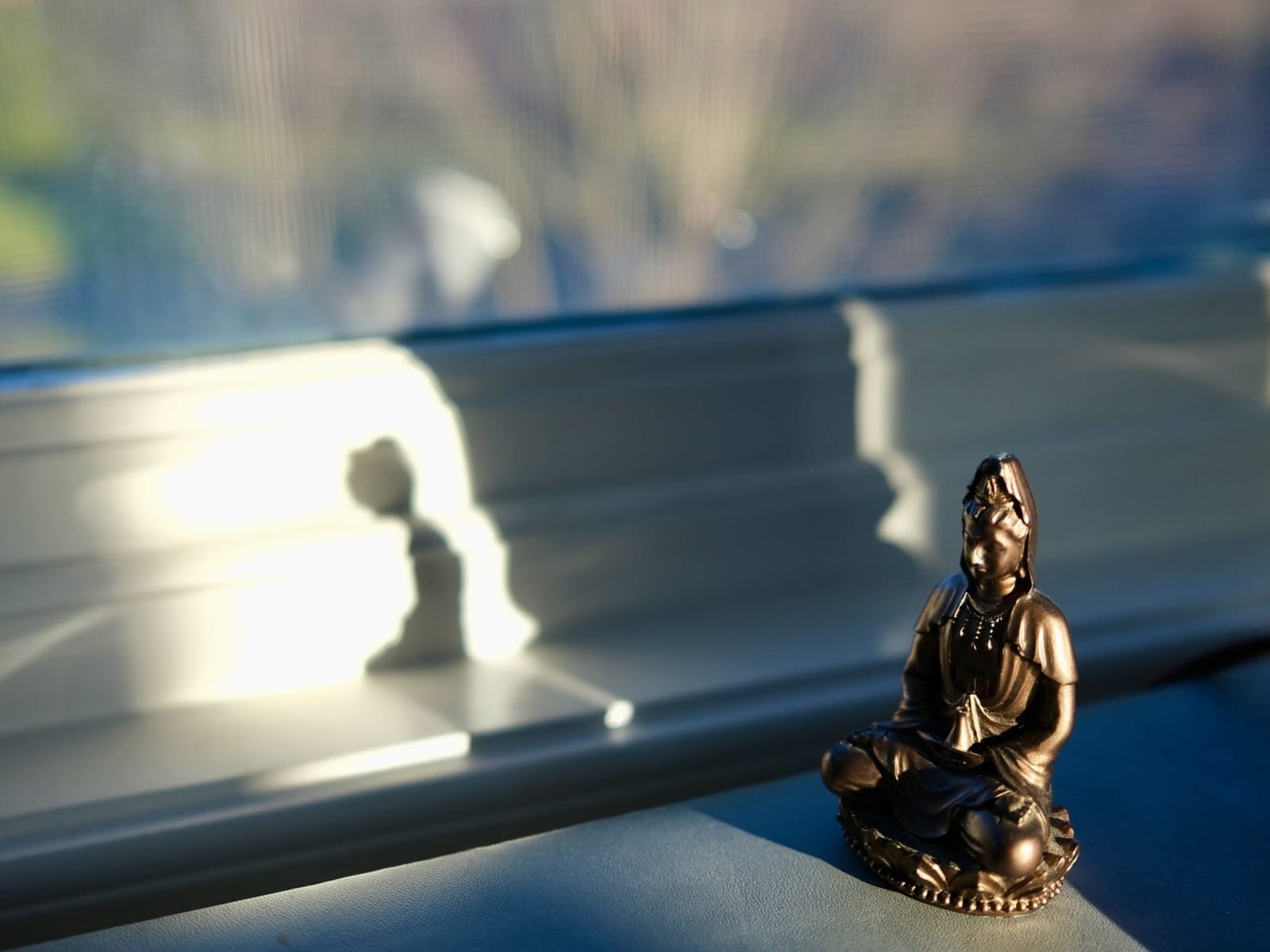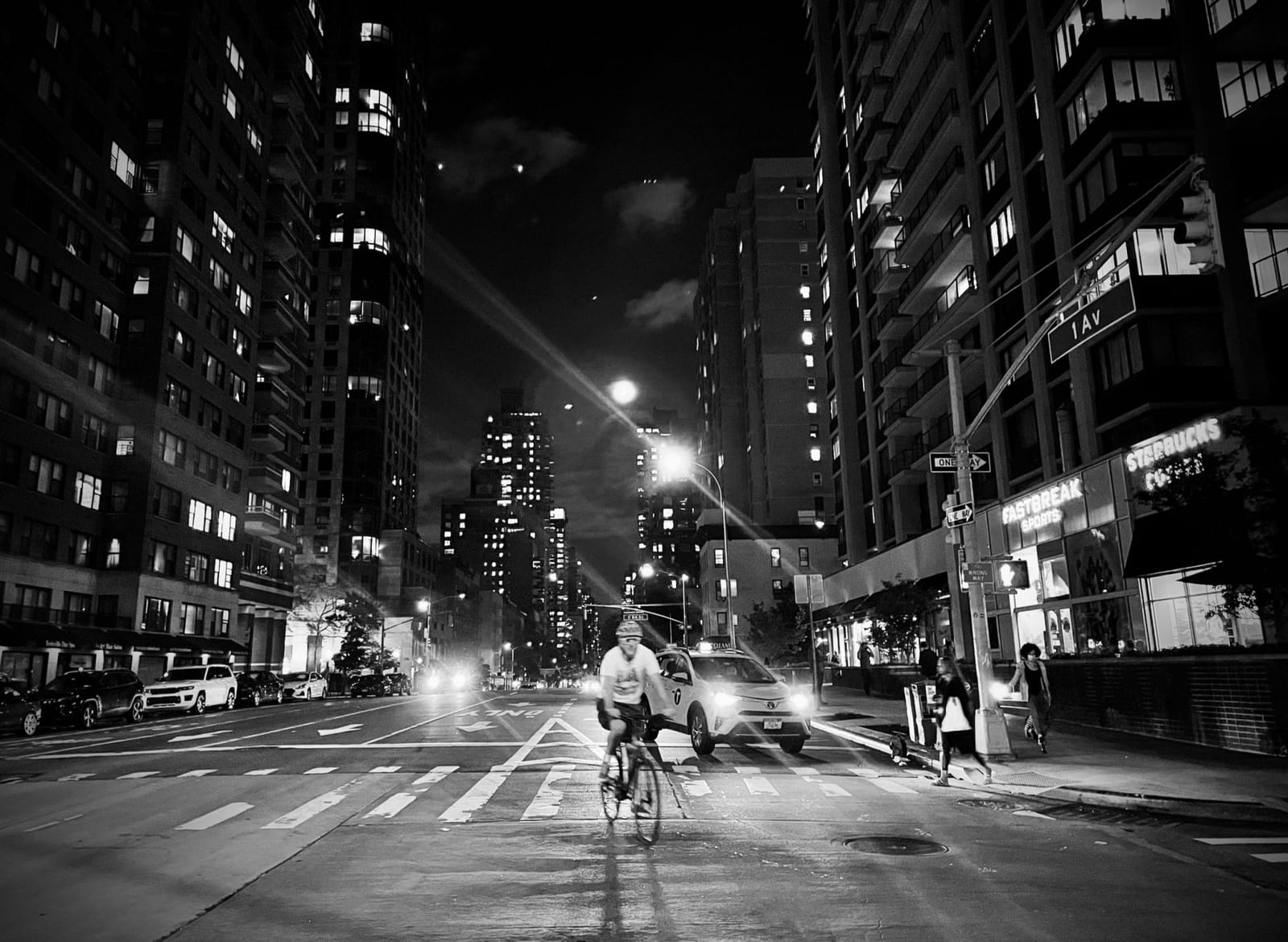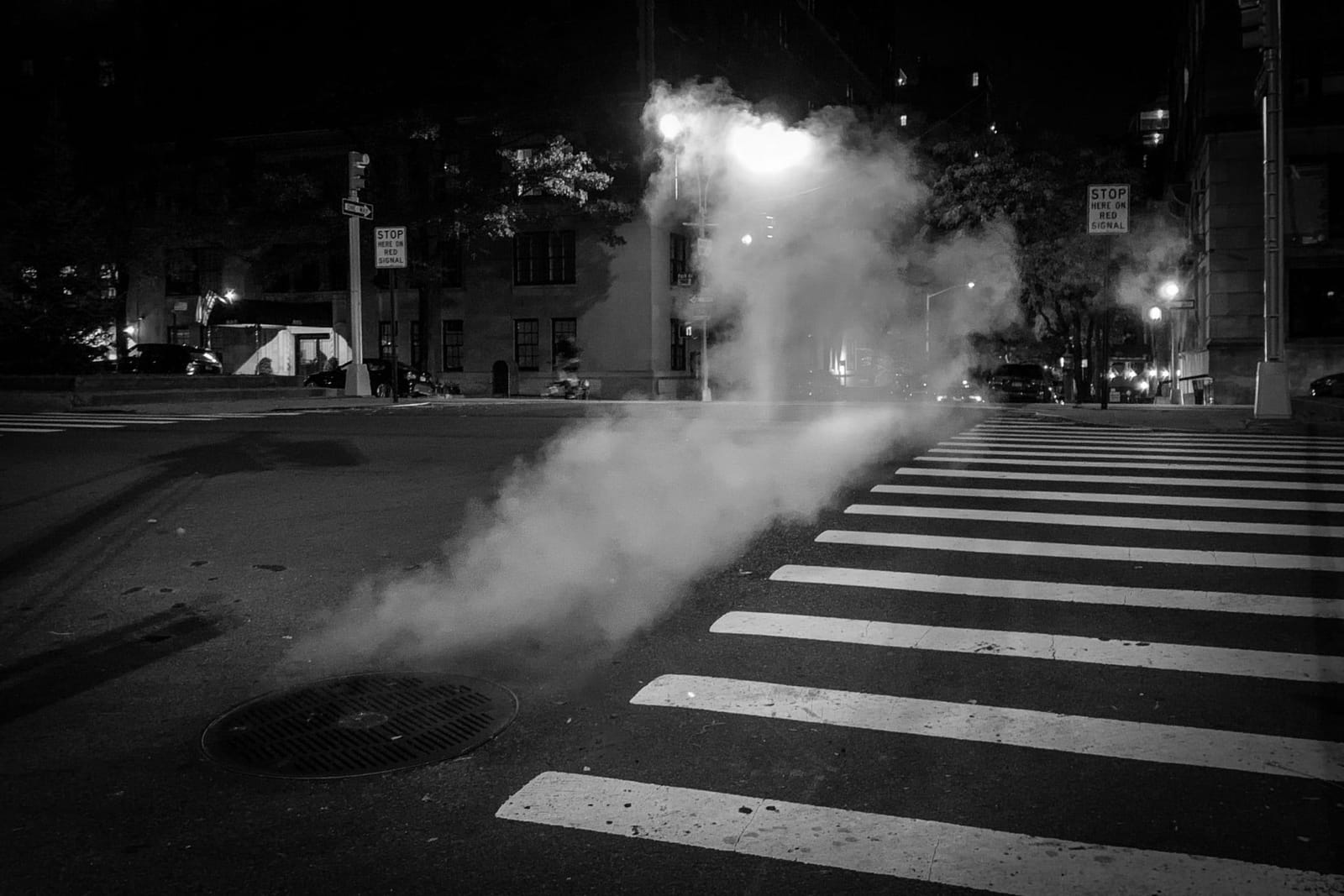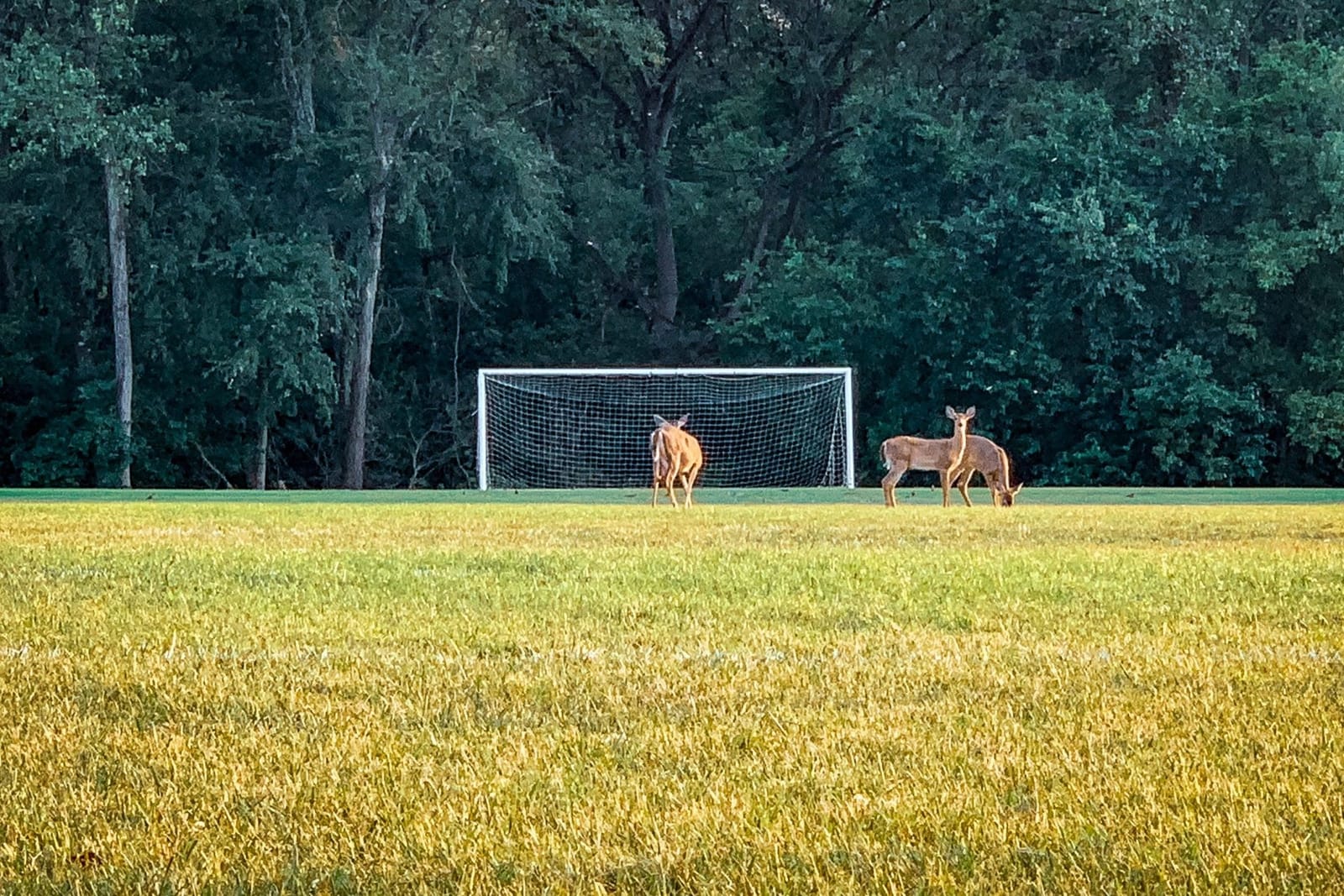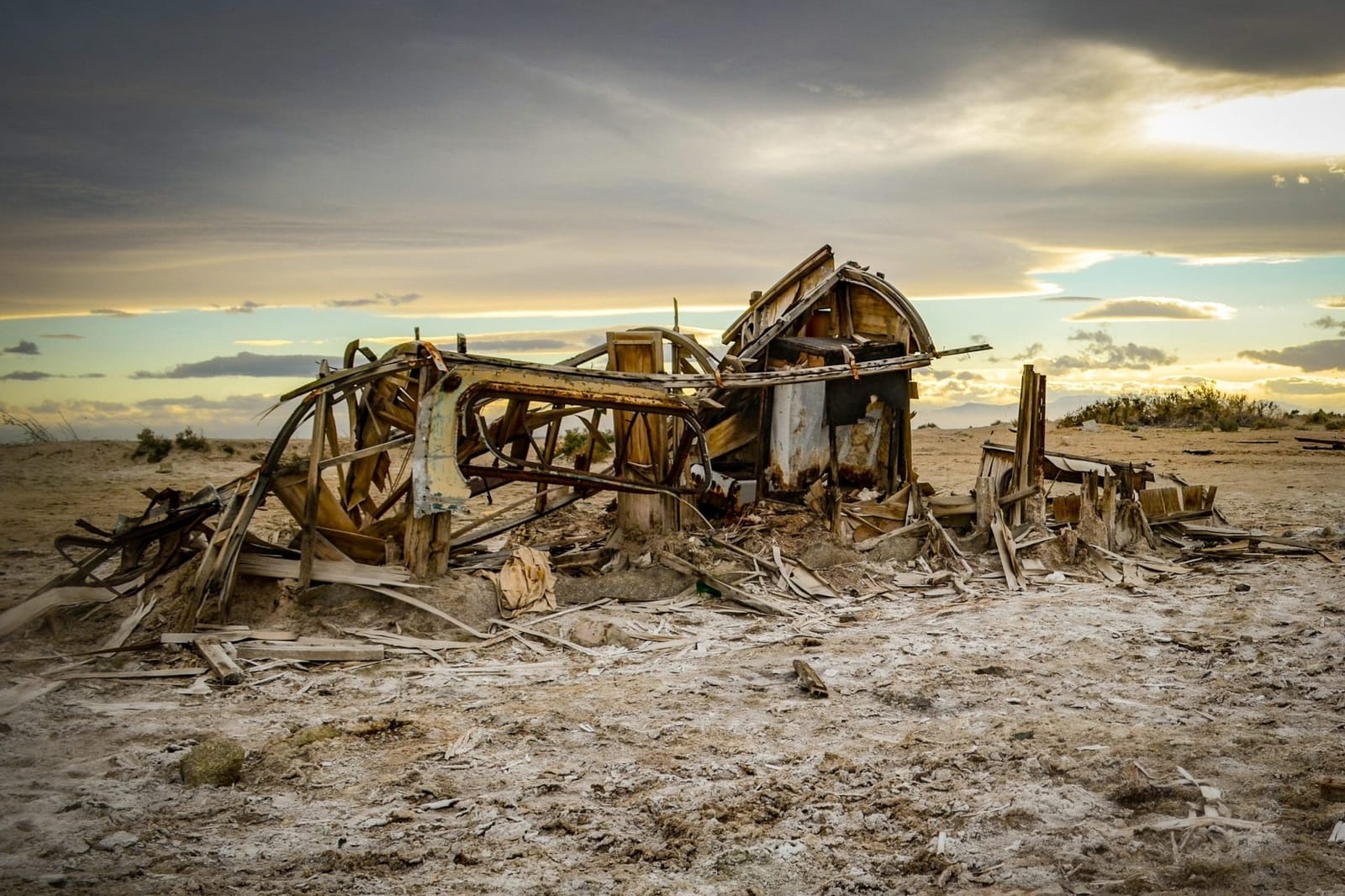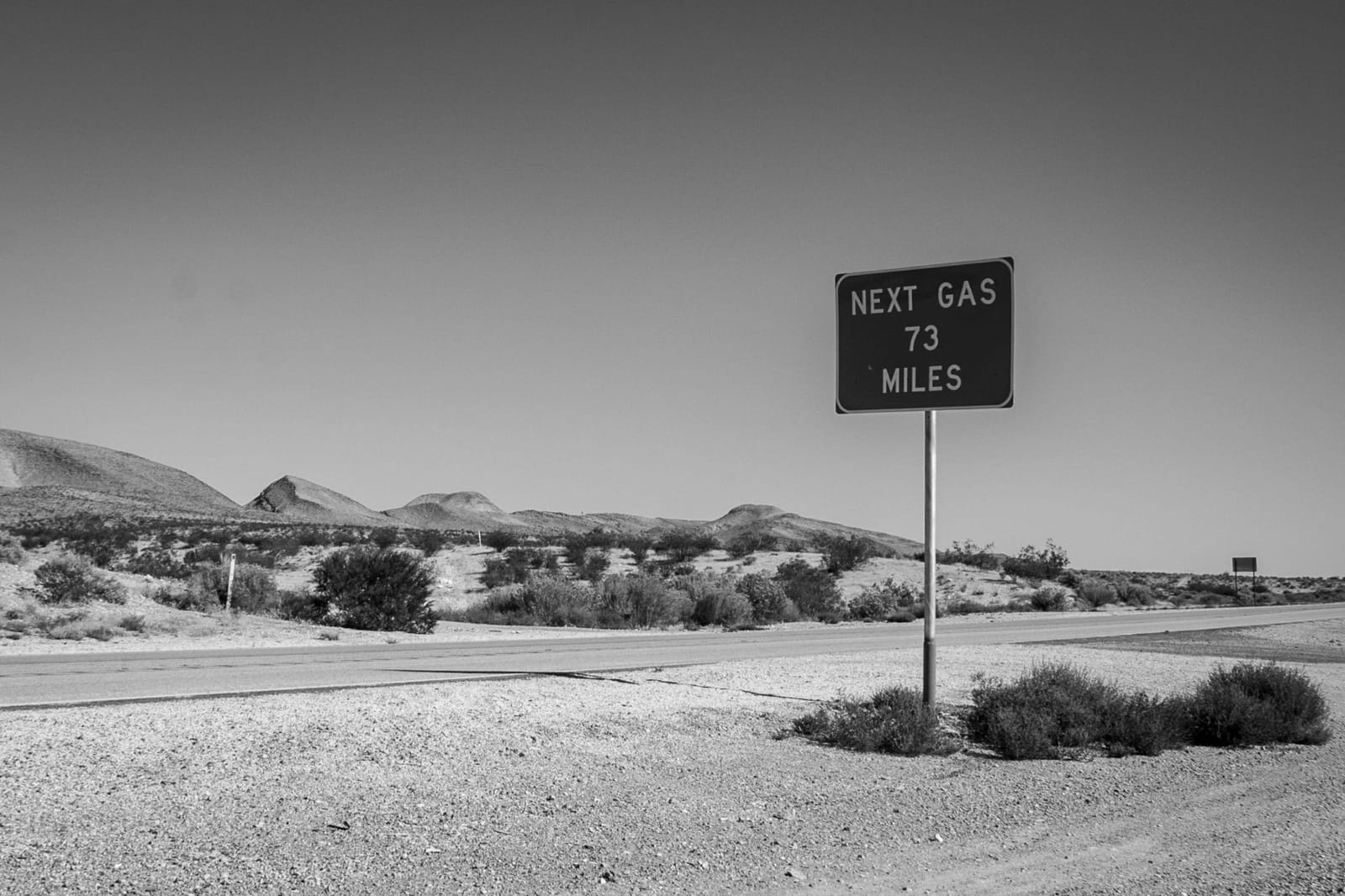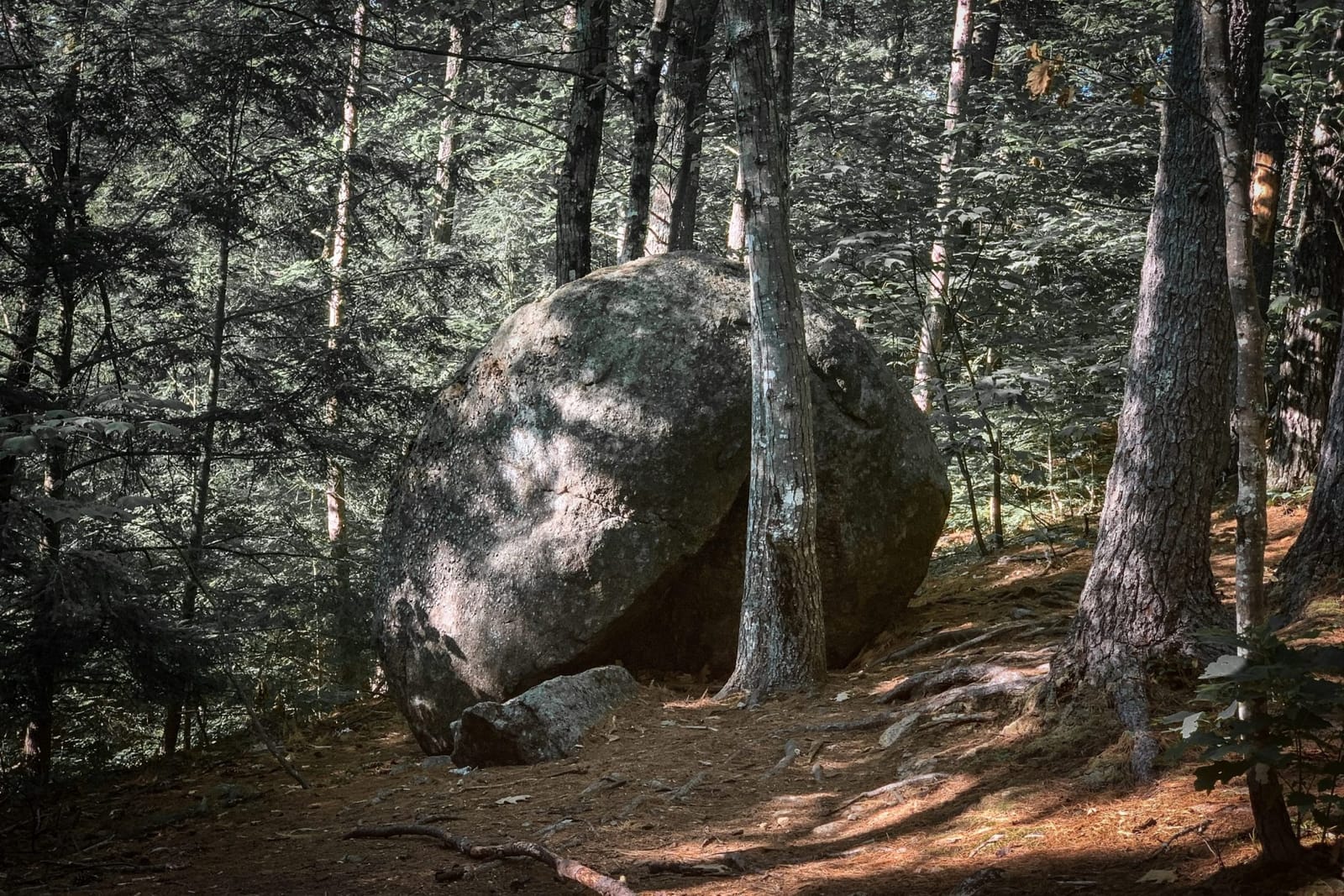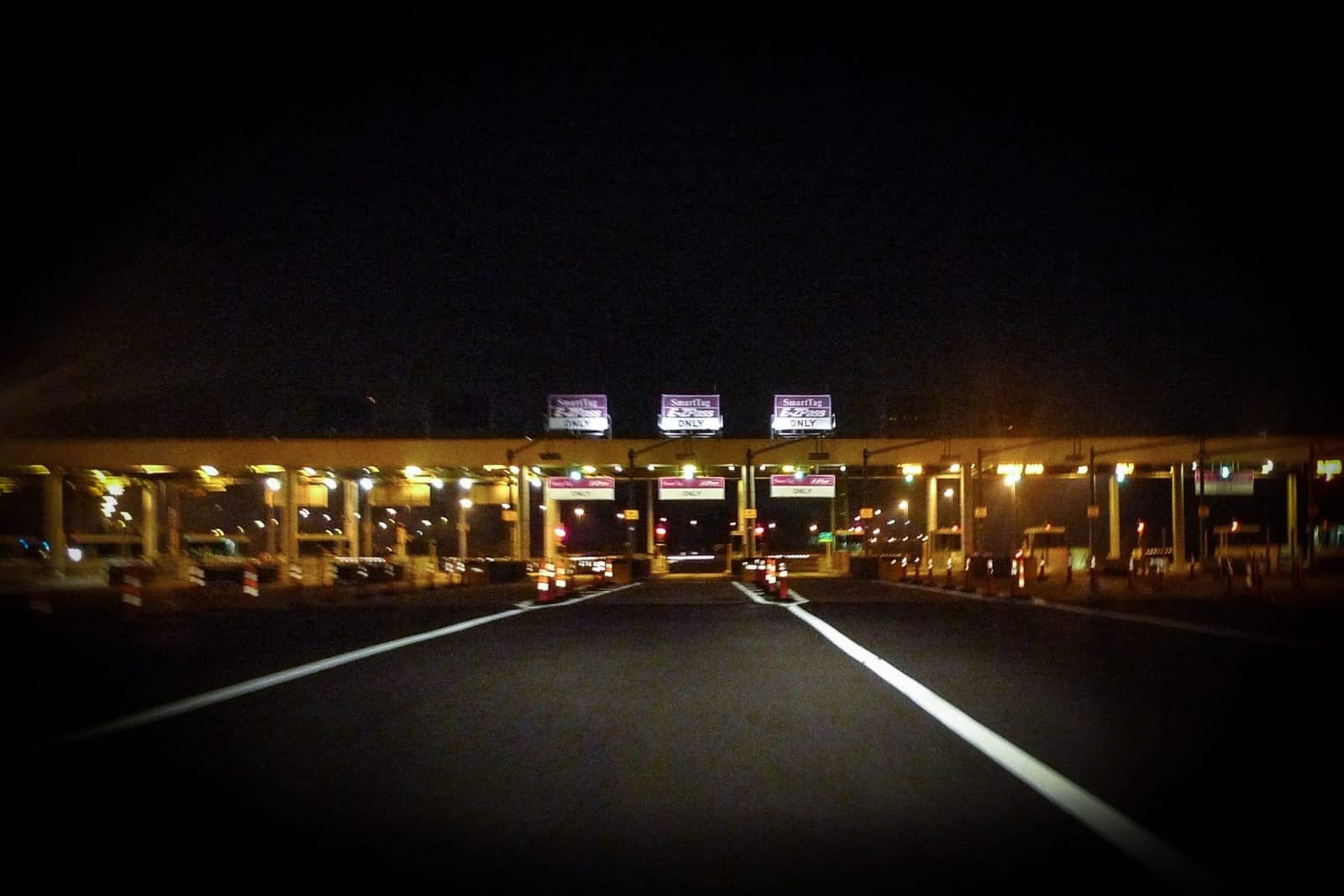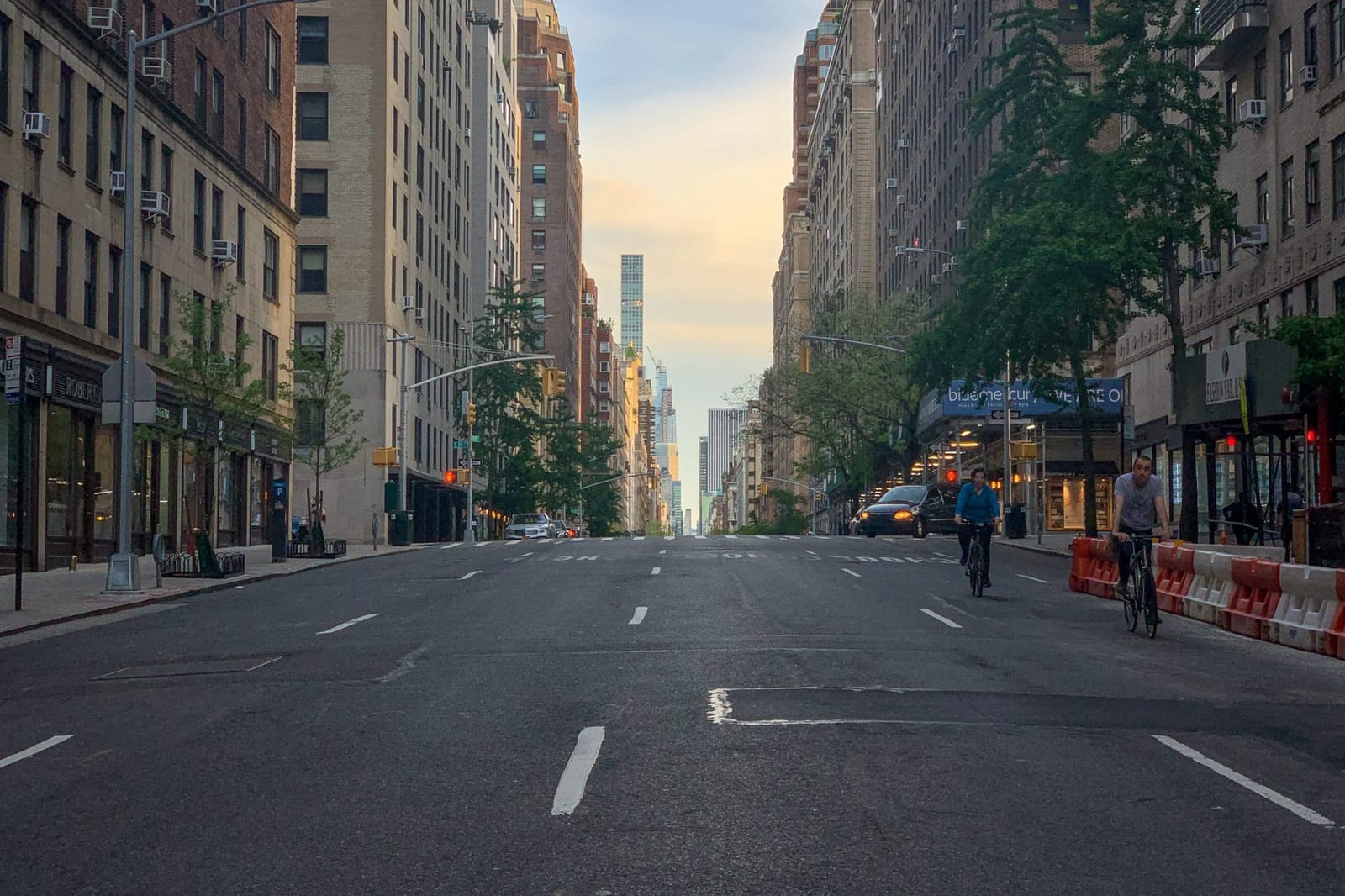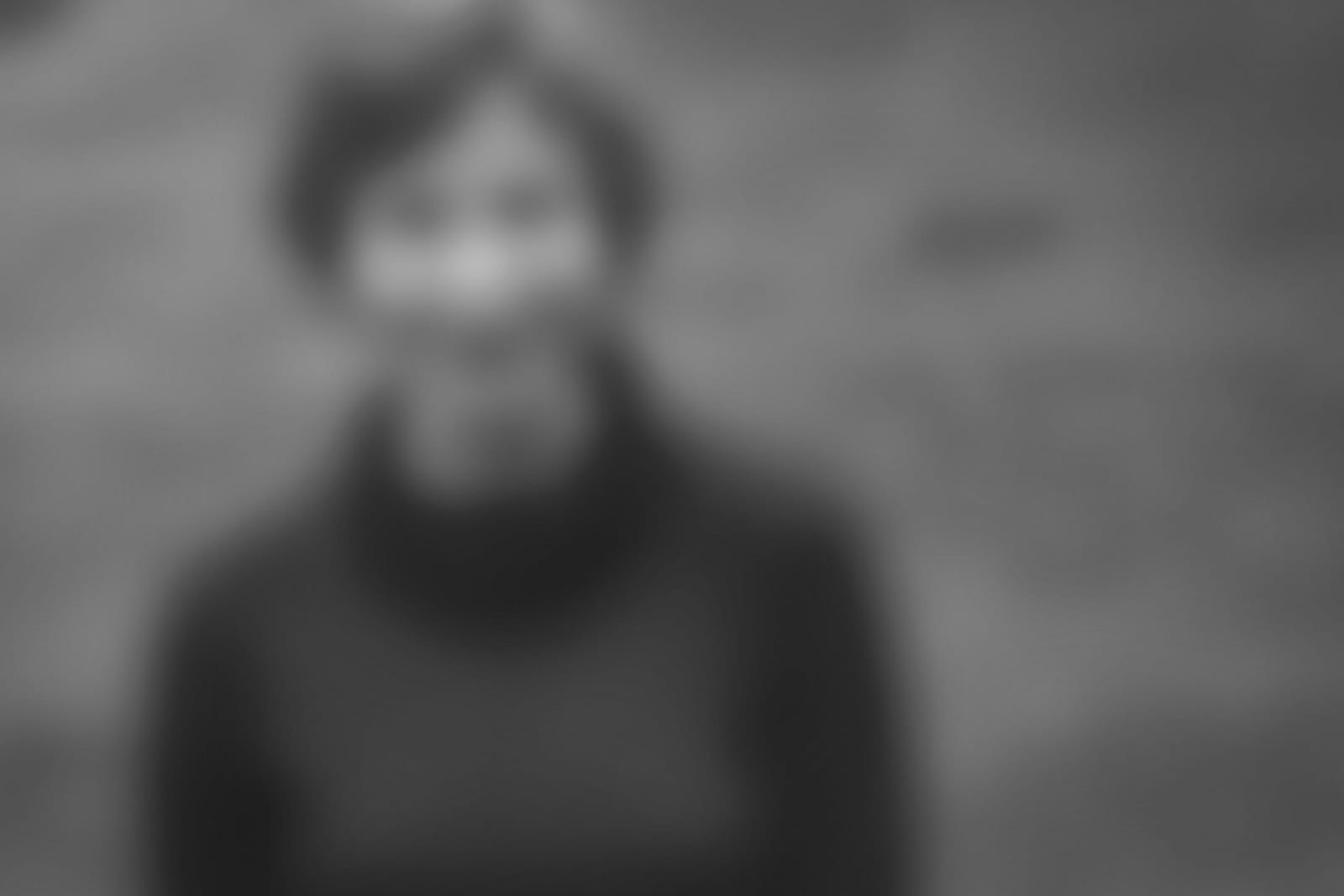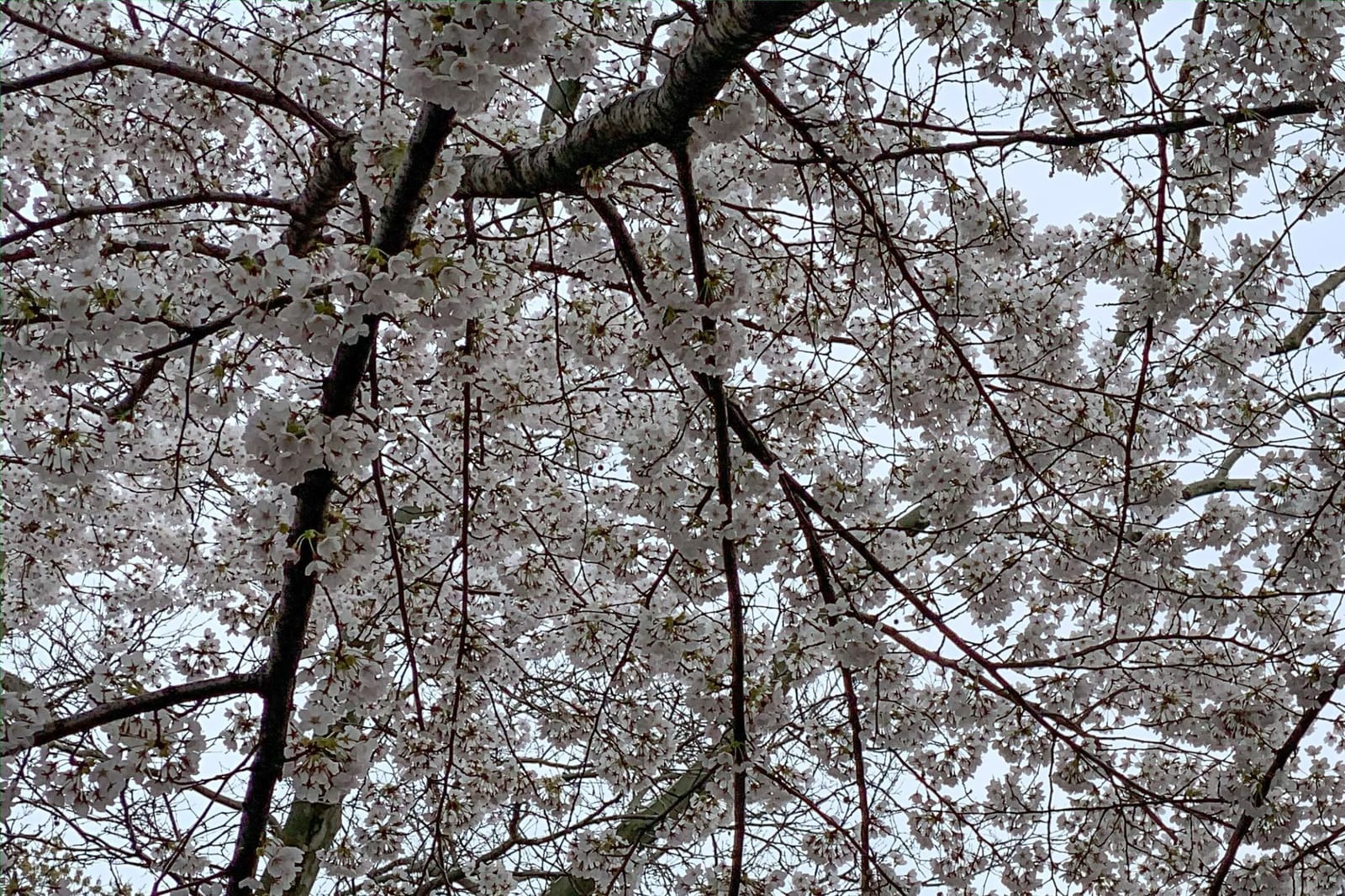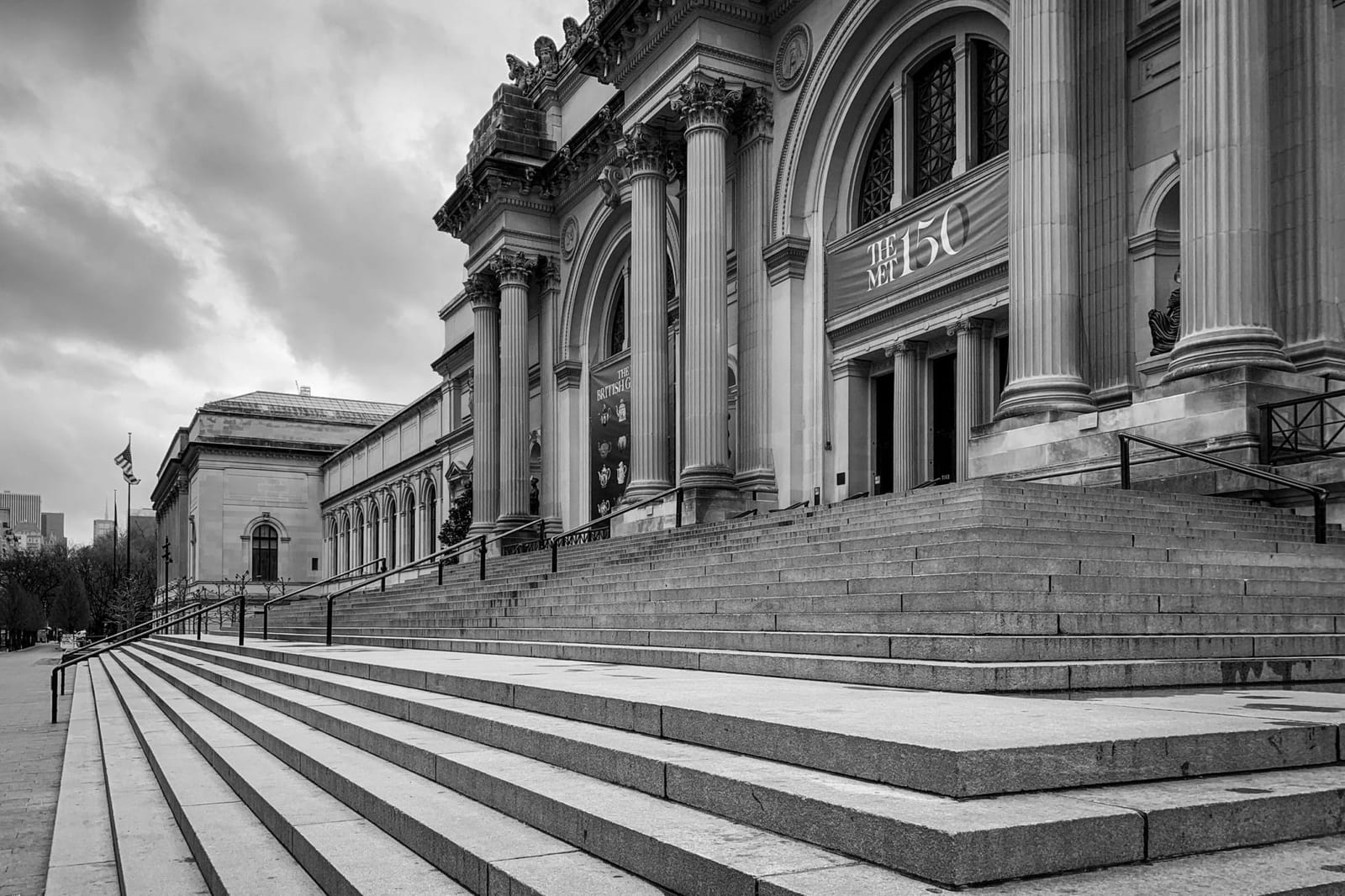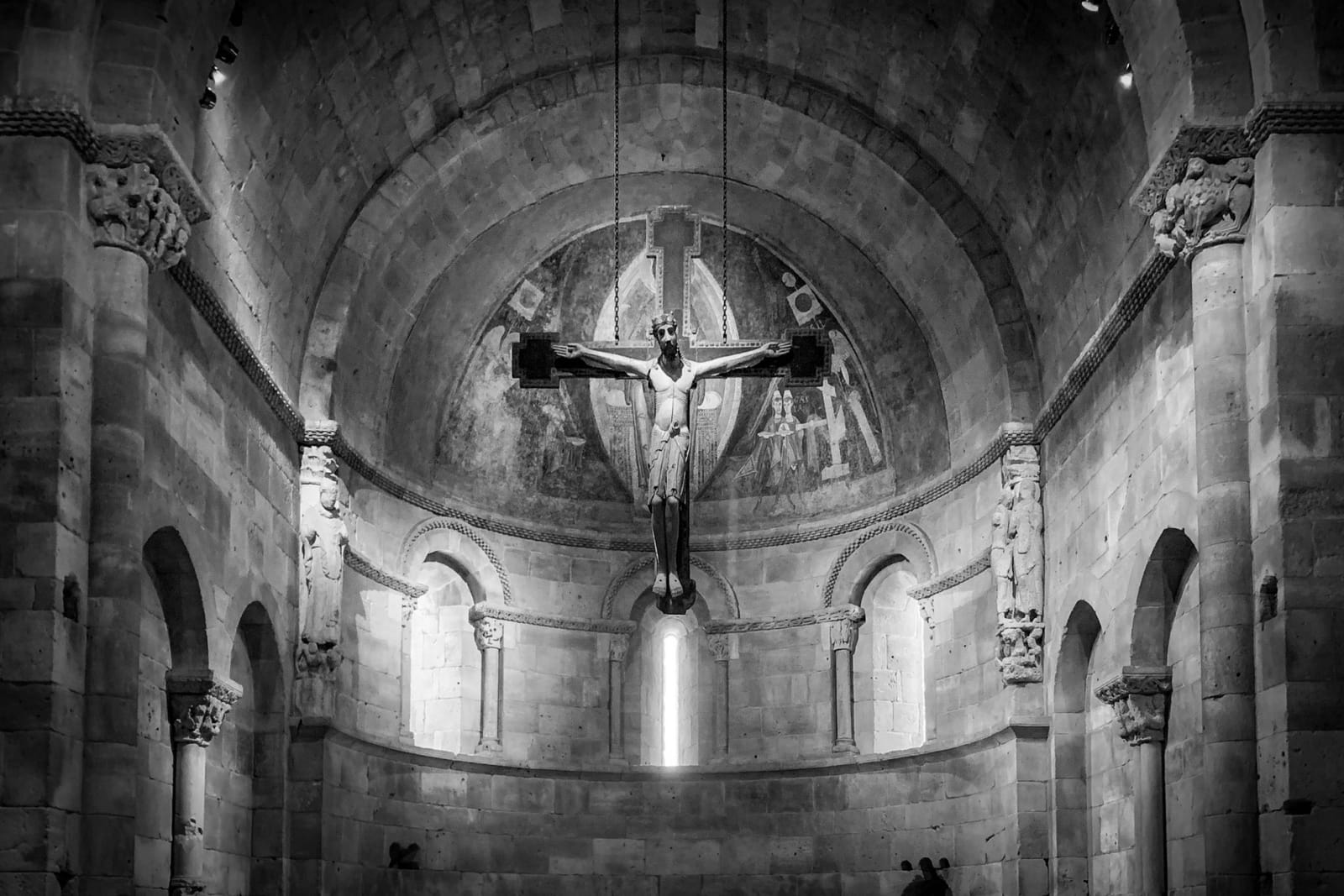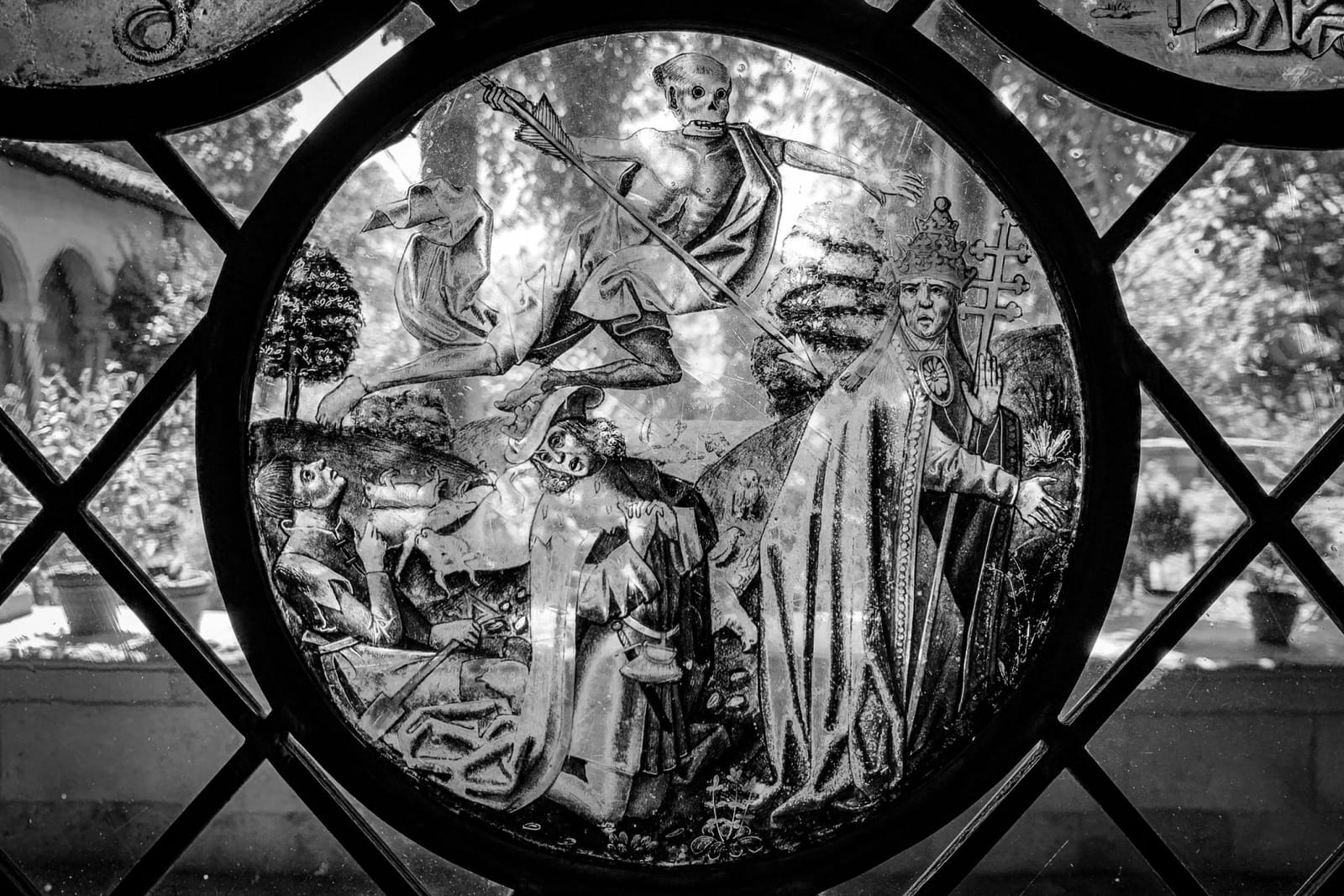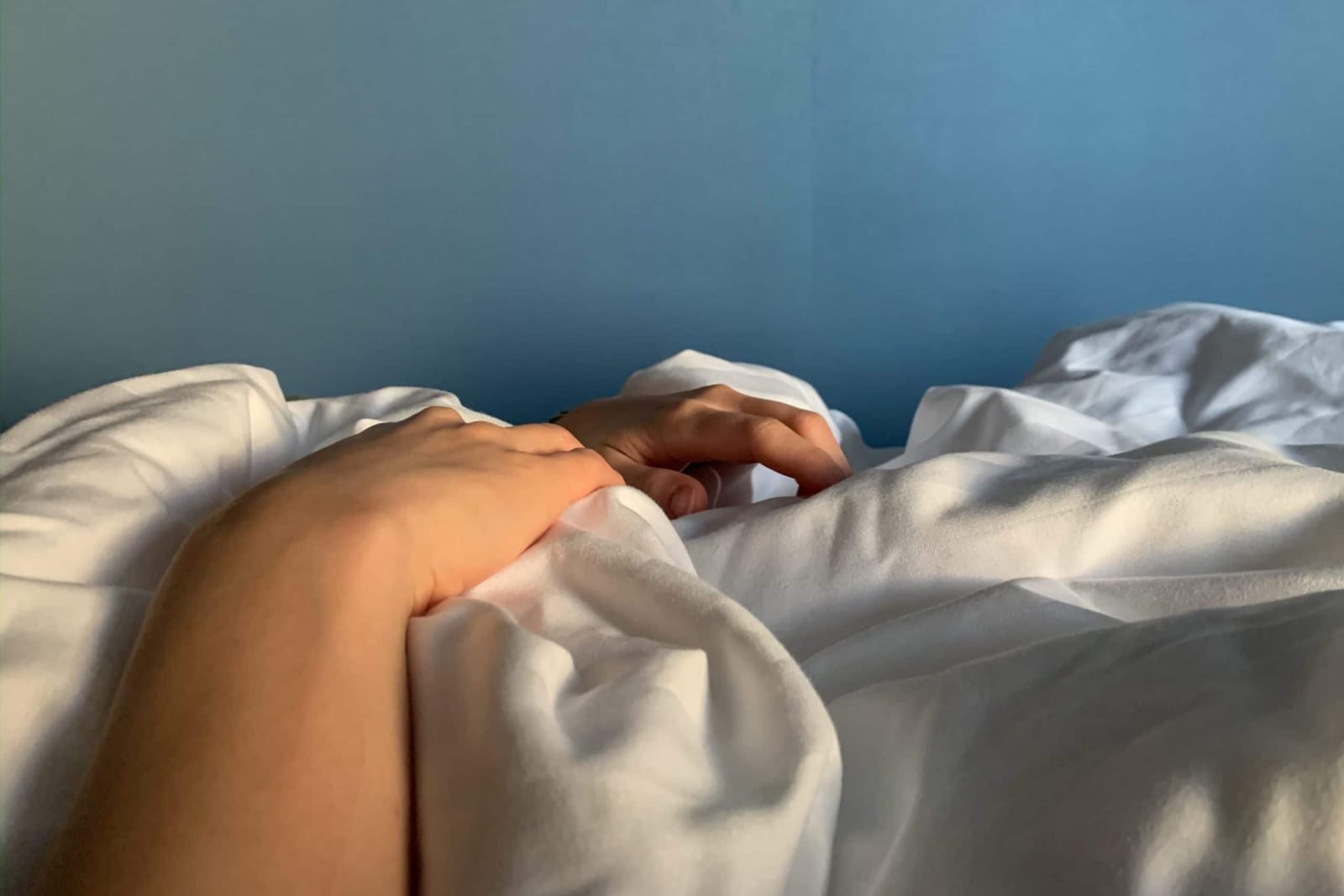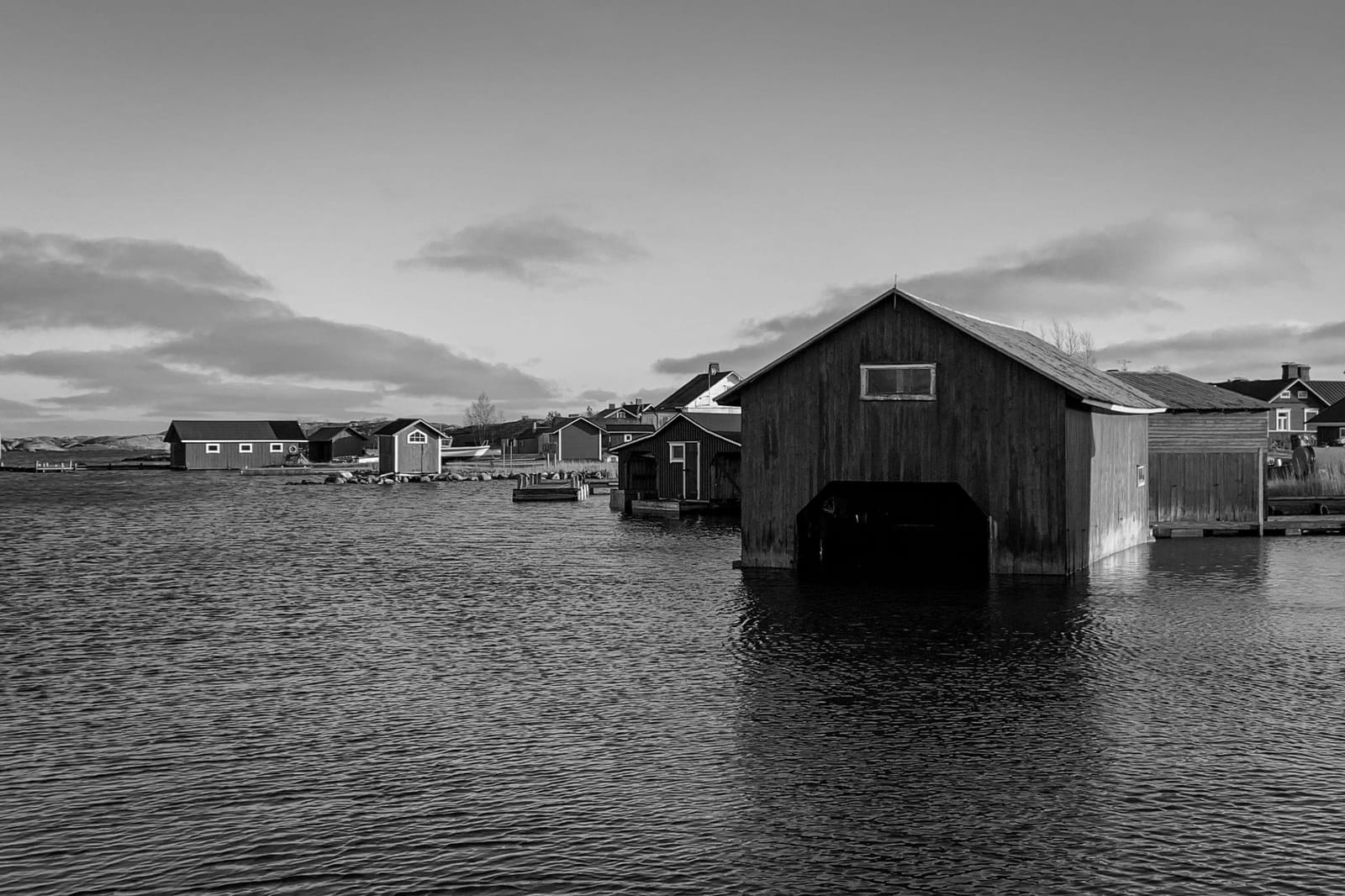Last night’s dream brought me to the ruins of a university where we played chess with pieces of tandoori meat. “You cannot withdraw from this game without suicide,” said my veiled opponent.
I dreamt that I drank perfume and had a minor role in a detective show in which none of us could remember the name of the president between Johnson and Ford.
I dreamt that each of my fingers had its own consciousness.
Every night the mind plays wild games with itself—making up stories, hiding information, behaving like a prophet—but dreams tend to only be interesting for the dreamer. A particular dream might be fascinating for you, it could hold great meaning, but without a shared reference point or sense of context, I cannot participate. There is no generosity toward the listener or involvement of a wider audience; the brain is feeding on its own anxieties and desires. I worry this is where we’re heading algorithmically: customized channels, personalized entertainments, private information—each of us inhabiting our own secret planet of dreams.
Is this rapidly approaching future worse or better or simply different? Since you’re here, I'd like to offer some scenes from my dream inventory to see if they hold broader appeal (or you can jump to the end for tonight's dreamy mixtape).
- C. and I had a baby and it called me by my first and last name the moment it was born. We lived in a world made entirely of bread. The ground was soft and tasty, and it was wonderful at first—and then it wasn’t.
- I ducked in and out of tiny record stores, spinning racks of cassettes and flipping through stacks of vinyl, frantically trying to find my favorite song. Turns out I was kneeling on it the whole time. Perhaps this dream was the result of my anxiety about having so many unheard songs in my queue—the lack of connection to an artifact, the impossibility of ever getting my head around music again.
- C. and I watched a stuttering videotape. Somebody warned us that we shouldn't watch the ending because it shows how we'll die. Everyone in the movie had the flu and was lying down to die. We stopped the tape. She sniffled. I coughed. I wanted to run, but she shook her head and took my hand. I put on a record—A Million Miles to Earth—and we laid down.
- A doctor told me I had a rare condition and no matter how far I walked, it would take one hour and twenty-two minutes.
- I was driving over hundreds of dogs, their bodies kerchunking beneath the wheels, and I could hear them howling. I sped up to put them out of their misery. The car veered onto a lawn, where my parents were moving into a new home. They were older than I would ever see them and I stood on the sidewalk, happy but frightened because they were not supposed to be alive.
- I dreamt about the infamous “dishwasher episode” of a critically acclaimed drama.
- I was on my knees, picking spaghetti out of the carpet, and the noodles turned into all the people who would ever want to hurt C., a long line of cruel men and a few women. I led them into a building and was given a choice: I could flip a switch and kill everyone who might harm my beloved or set them free—the promise of safety versus the possibility of grief.
- I often find my father within the labyrinthine architecture of parking structures. I once woke in tears from a dream about hugging him after he told me I could always find him there. I asked him about the afterlife and he smiled. This was the closest I’ve come to experiencing a visitation.
- With my mother, I tend to find her in small houses or remote cabins. She is living a new life and she is happy. I do not intrude.
- I dreamt I painted a picture and could not tell if it was god or the devil because the image was too big for its frame.
Will I ever believe in god? If so, it will probably begin in my dreams. I often think about this line from Herbert Spencer: “God was, at first, only a permanently existing ghost.” The first gods were probably born in dreams. How else could our ancestors explain the visions that unfolded in their heads each night?
Some of tonight’s songs are about heaven, some are about hell, and perhaps this is what all dreams are ultimately about. Listen to Charlie Megira’s guitar, more alive and determined than his voice, grasping for something we know but cannot define. An Israeli guitarist whose life was brief and tragic, Megira was "a mold-breaking artist who disintegrated while we were all staring at our phones.” In the final minute of ‘Tomorrow’s Gone’, I like to think he’s saying “my heart to heaven” even though he’s singing in Hebrew. It makes a nice transition to Midwife, who reminds us that the hounds of heaven run like hell.
- Charlie Megira - Tomorrow’s Gone
Da Abtomatic Meisterzinger Mambo Chic | 2001 | Bandcamp - Midwife & Vyva Melinkolya - Hounds of Heaven
Orbweaving | Heaven Metal, 2023 | Bandcamp - Ensemble Economique - Your Lips Against Mine
Melt Into Nothing | Denovali, 2014 | Bandcamp - Windy & Carl - Lighthouse
Drawing of Sound | Blue Flea, 1996 | Bandcamp - Füxa - Dreamlanding
3 Field Rotation | Mind Expansion, 1995 | Bandcamp
Listen below, or download this mp3 before it turns to vapor. If you prefer a Spotify or Apple Music playlist, I trust you know how to make your own.
And if you still have an appetite for dreams, a couple of years ago C. and I made a project called The Nightly News that collected hundreds handwritten dreams. Given the frequency of oddly specific imagery such as one's teeth falling out, there's an argument that dreams point toward the universal—and perhaps, with enough time, our personal algorithms might lead us back to a shared reality.
In other news, I’ve started compiling a list of my favorite things to keep up morale, as well as some instructions for myself.
Thank you for listening, and the request lines are open.
Midnight Radio 22 | Download
